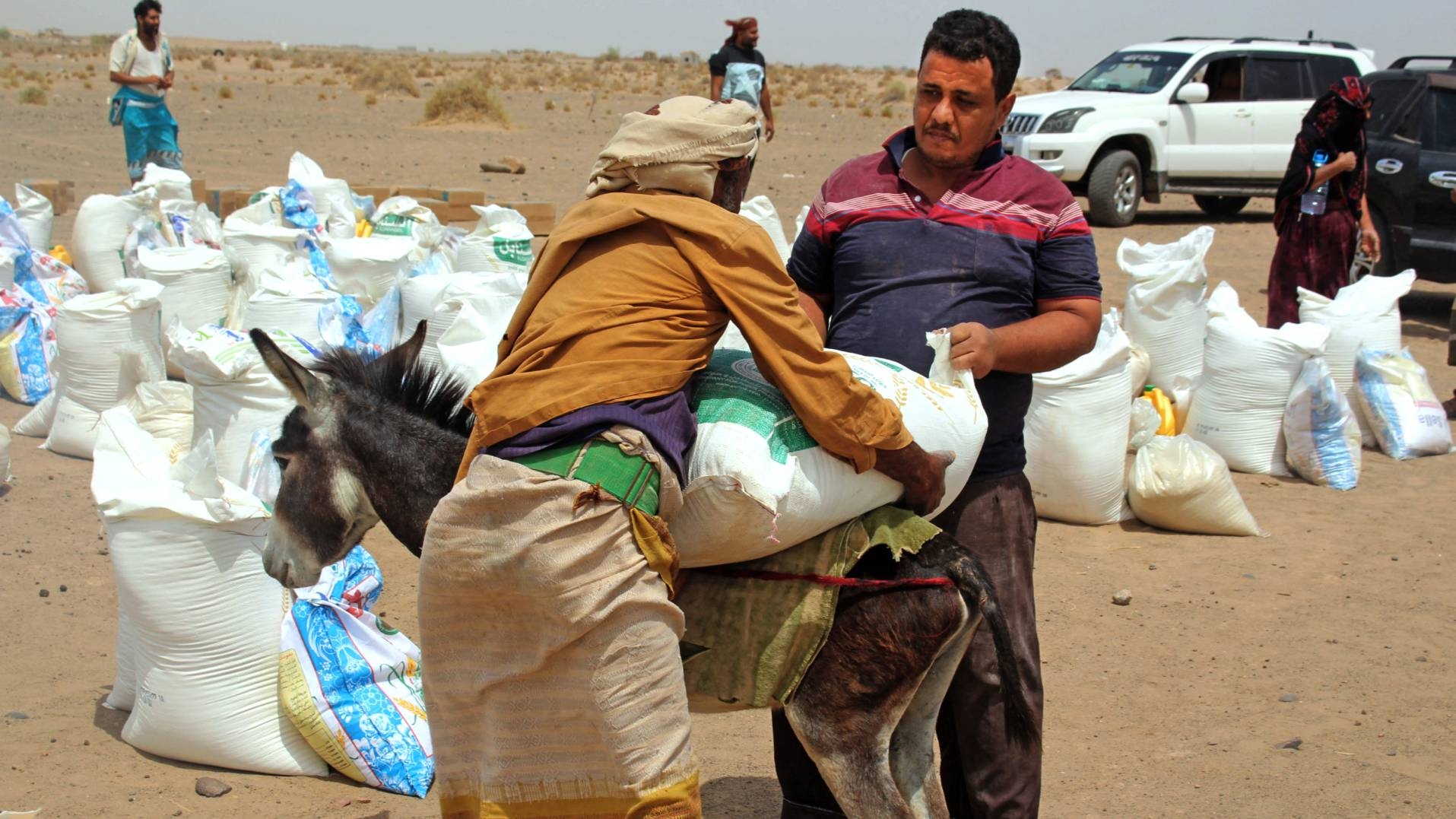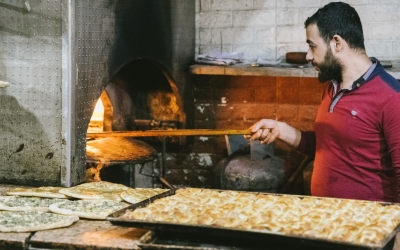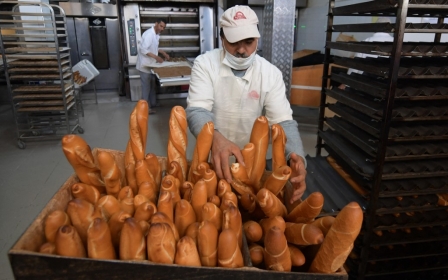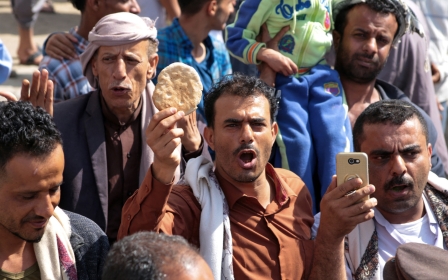Russia-Ukraine war: Rising food prices raising malnutrition risk in Middle East, says Unicef

Rising food prices brought about by Russia's invasion of Ukraine are increasing the risk of malnutrition for millions of children in the Middle East and North Africa, the UN children's agency (Unicef) warned on Thursday.
Ukraine and Russia account for a third of global wheat and barley exports, which countries in the Middle East rely on to feed millions of people who subsist on subsidized bread and bargain noodles. They are also top exporters of other grains and the sunflower seed oil that is used for cooking.
Countries in the Middle East and North Africa, meanwhile, import more than 90 percent of the food they consume.

Unicef warned that if the situation continues, it will severely impact children in the region, especially in Egypt, Lebanon, Libya, Sudan, Syria and Yemen, countries that were struggling with conflicts and severe economic crises even before the war in Europe began.
"With ongoing conflicts, political instability, the COVID-19 pandemic and the Ukraine crisis, the region is witnessing unprecedented hikes in food prices coupled with low purchasing power," Adele Khodr, Unicef regional director for the Middle East and North Africa, said in a news release.
She added that the number of malnourished children is likely to drastically increase.
The countries that are the most impacted by the war in Ukraine are Yemen, Sudan, Lebanon and Syria, according to the UN body. In those countries, over 9.1 million children are under the age of five, and a total of almost 13.8 million children and women are in need of nutrition interventions.
On average, nearly one in five children is stunted or too short for their age, while the average number of children who are too thin for their height is seven percent, the report said.
In Yemen, a staggering 45 percent of children are stunted and over 86 percent have anaemia, according to Unicef. A lack of iron can cause anaemia and a reduced IQ.
'Breaking point'
The United Nations' World Food Programme (WFP) previously warned that the war in Ukraine could also drive millions of people in the Middle East into food poverty and lead to food insecurity globally, as the soaring costs for food staples are stretching people's resilience to a "breaking point".
The WFP said that Russia's offensive had contributed to surging costs of flour and vegetable oil ahead of the Muslim holy month of Ramadan - when people across the region typically gather in the evening for meals with friends and family to break the daily fast.
According to the agency, the cost of the basic food basket in Lebanon - the minimum amount of food a family needs per month - has soared by 351 percent in the past year.
Meanwhile, Syria saw a 97 percent hike, while in Yemen the cost of a basic food basket increased by 81 percent in the past year. The three countries, all reliant on food imports, also reported sharp currency depreciation.
Lebanon imports 52 percent of its wheat from Russia. As a result of the blast at the Beirut port in August 2020 which destroyed the city's grain silos, the country's infrastructure can only hold about one month's supply of wheat.
Meanwhile, fears are growing among aid agencies over the possible impact a disruption to wheat supplies will have on Yemen, which imports more than 30 percent of its wheat from Russia.
Egypt is witnessing soaring rises of unsubsidised bread and last month a government spokesperson said that the country only has nine months before its wheat reserves dry up, leaving the country in greater fear of a disruption of supply from both Moscow and Kyiv.
Middle East Eye delivers independent and unrivalled coverage and analysis of the Middle East, North Africa and beyond. To learn more about republishing this content and the associated fees, please fill out this form. More about MEE can be found here.




